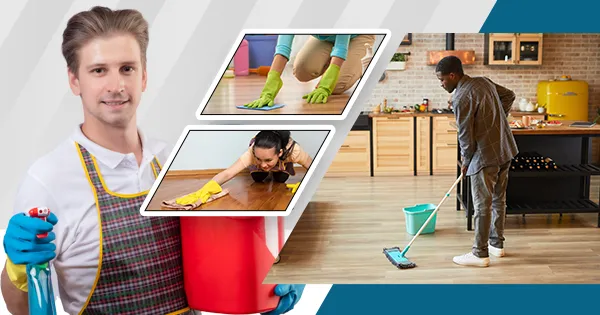Introduction to Hardwood Floor Cleaning
Hardwood floors add elegance to any space, but stubborn stains can quickly dull their beauty. With the right techniques, you can restore the shine and maintain a pristine look.
Common Stains on Hardwood Floors
Spills, dirt, and pet accidents are some of the most common culprits. Identifying the type of stain is essential before attempting any cleaning method.
Deep Cleaning Hacks for Hardwood Floors
For a thorough approach, consider professional deep cleaning services in the UK. These services use safe and effective methods that remove embedded dirt and grime without damaging the wood.
DIY Solutions for Everyday Stains
Simple solutions like vinegar-water mixtures or baking soda paste can work wonders for minor spills. Always test in an inconspicuous area first to avoid damage.
Specialist Care for Delicate Hardwood
Some hardwood floors require specialized treatments. Our specialist cleaning services in the UK ensure that delicate finishes are preserved while stains are removed effectively.
Maintaining Your Hardwood Floors
Regular sweeping, proper mats at entrances, and prompt stain treatment will prolong the life and beauty of your floors.
Conclusion
By combining DIY methods with professional services, you can keep your hardwood floors looking flawless for years to come.


